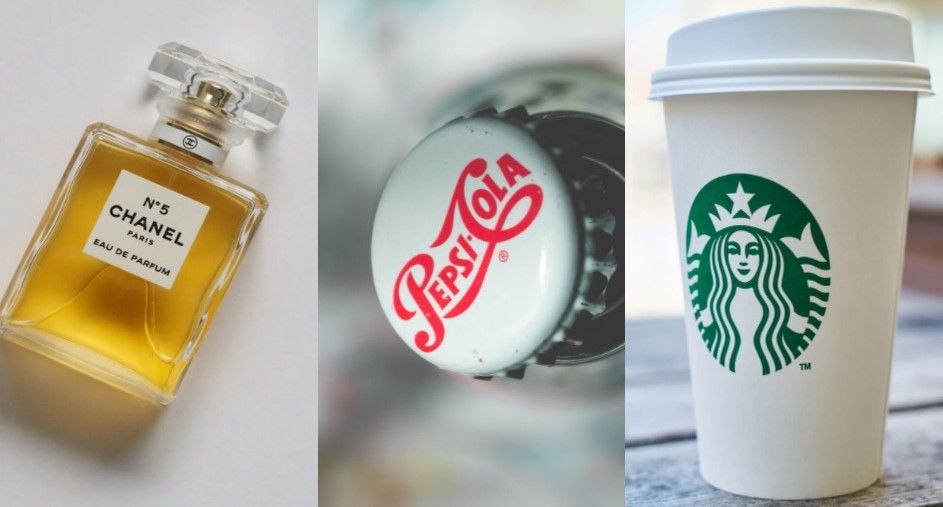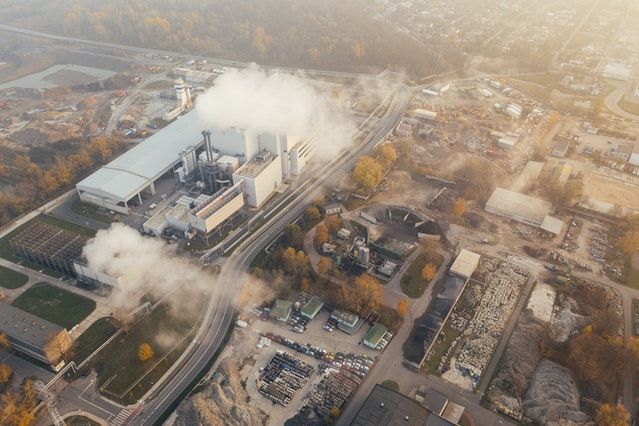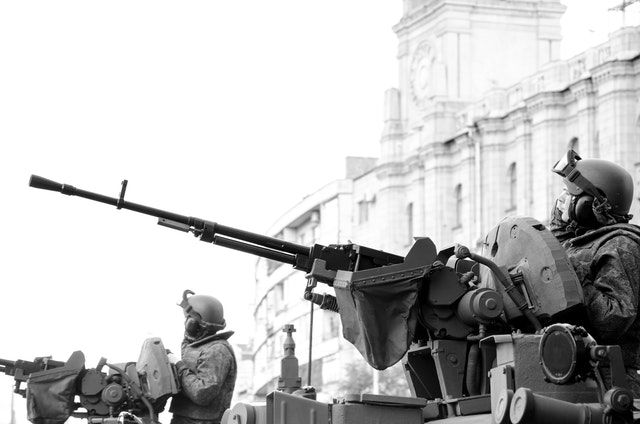Despite being more than a month since Russian aggression began, the war in Ukraine continues to shock. The death toll is horrendous, the destruction of towns and villages is tragic, the refugee crisis heart-breaking, and the futility of the conflict is staggering.
Even without turning on the TV or reading a newspaper, the effects of the conflict are evident as energy and raw material prices climb ever higher. This is naturally having a major impact on the global economy, with the chemical industry perhaps suffering more than other sectors.

Many companies have taken the business-harming step of excluding themselves from the Russian market. These include:
· Automobile manufacturers such as Nissan, Ford, and Honda.
· Aviation companies such as Boeing, Airbus, and Rolls Royce.
· Consumer goods makers such as Unilever, Philip Morris, and Proctor & Gamble.
· Energy companies such as Shell, BP, and ExxonMobil.
· Finance and banks such as Citigroup, JP Morgan Chase, and Blackrock.
· Pharmaceutical companies Pfizer and Novartis.
· Retailers such as Prada, Levi Strauss, and IKEA.
· And perhaps most famously, food and beverage businesses, such as Coca-Cola, McDonald’s, and Starbucks.
Closing the Russian market for these companies will be painful, but it will not impact their raw material supply as badly as closures in the chemical sector will.
For example, prior to the Russian invasion, VCI, Germany’s main chemical industry association, was predicting chemical industry growth of 1.5% for the current year. However, with chemical sales to Russia and Ukraine amounting to 3% ($7.5 billion) of the German chemical industry total, the German chemical industry is now likely to fall into recession as a result of the war.

Like other sectors, chemical companies have also established self-imposed restrictions on their trade with Russia.
These include:
BASF: who issued a statement outlining that it has not conducted any new business in Russia and Belarus since March 3 and is only supporting food production to avoid a “global food crisis” while also conducting maintenance to keep chemical facilities in Russia safe.
Dow: has cut most ties with Russia, stating how it has, “significantly reduced its operations and product offerings in the country”, stopped all feedstock purchasing, suspended energy imports, and halted all new investment. Instead, the company is only maintaining supplies of, “limited essential goods in Russia, including food packaging, hygiene, cleaning and sanitation products and household goods.”
Solvay; has suspended operations and new investments in Russia, including any dividend payments it receives from its $1.6 billion polyvinyl chloride joint venture with the Russian chemical maker Sibur.
Clariant; has also stopped trading in Russia despite deriving 2% of its sales ($94 million) from the country.
LyondellBasell Industries and DuPont; have also agreed to suspend all business operations in Russia and Belarus until the war is over.

Meanwhile, uncertainty remains over the previously agreed sale of EuroChem. Currently owned by Austrian petrochemical maker Borealis the nitrogen fertilizer company was scheduled to be handed over for $520 million.
But with most of EuroChem’s assets being held in Russia and its founder Andrey Melnichenko (until recently controller of 90% of the company) on the European Union’s list of sanctioned Russian people, the deal has now been abandoned.
Further stress to the industry is being felt with raw material prices rising and energy prices skyrocketing, while the ongoing destruction and uncertainty surrounding the situation in Ukraine is creating economic ripples that is affecting chemical companies the whole world over.
Worse still, if the war spreads into Belarus and beyond then sanctions and self-imposed bans may be the least of our worries.
Photo credit: Marcin Jozwiak on pexels, asim alnamat, Isabela Avai, Engin Akyurt, Jess Bailey Designs, & Pixabay